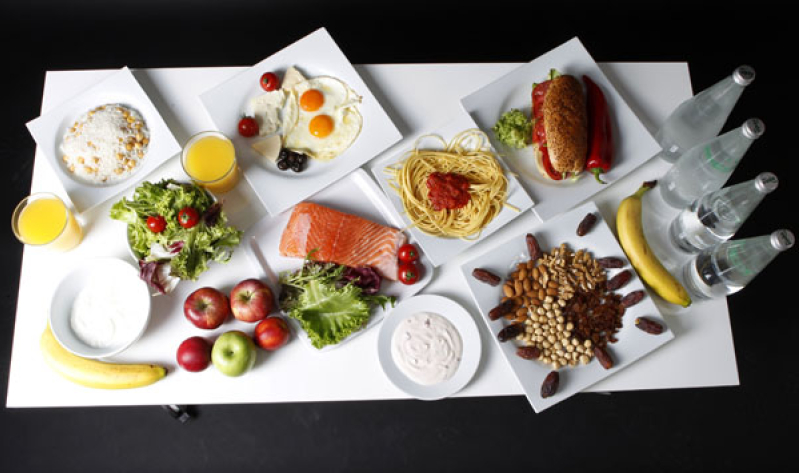
To lose weight, you need to have a combination of active lifestyle and healthy nutrition plan. However, if you do not have an effective diet plan, your efforts would be put in vain. The latest study shows that each person has unique diet plan depending on their nutritional needs.
Researchers from Israel explain that a healthy meal plan for one person may not be healthy for another person, and people can digest the same foods in a variety of ways. However, doctors all over the world continue to give the same kinds of foods to people who want to lose weight.
Eran Elinav and Eran Segal, authors of the study from Weizmann Institute of Science, said doctors should give nutritional plans based on the way that patient metabolizes certain foods.
The latest findings, which are published in journal Cell, could pave the way for more efficient diet plans for patients who have diabetes or digestive problems.
To arrive at their conclusions, the researchers studied more than 800 people. The participants were asked to record their daily activities for one week. Conducted on a phone app, the study subjects documented their food intake, exercise activity, bowel movement, and sleep duration. Their blood sugars were also monitored for every five minutes. Also, their stool samples underwent gut bacteria analysis.
After gathering all of the data, the researchers studied which foods affected each participant's blood sugar. They used blood sugar as an indicator if the participant has health issues, such as diabetes, obesity, high blood pressure or fatty liver disease.
Findings show that all participants reacted differently to foods, despite the fact that they all received the same meals.
"Some individuals' glucose levels spike to fresh fruit while not spiking on [a] moderate amount of alcohol (a glass of beer); in some individuals pizza produces a large spike, in others it did not," Elinav said in a statement.
As an illustration, sushi can cause one man's blood sugar to shoot up higher than ice cream did.
In gut bacteria analysis, these different metabolic reactions also showed.
For Suneil Koliwad, a professor at the University of California, the latest findings of Segal and Elinav could spur future developments of personalized health plans.







